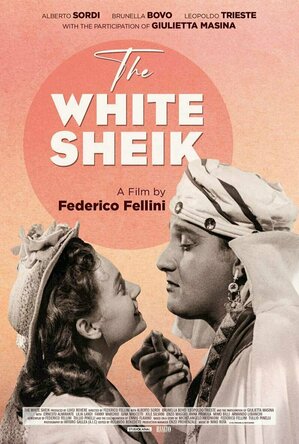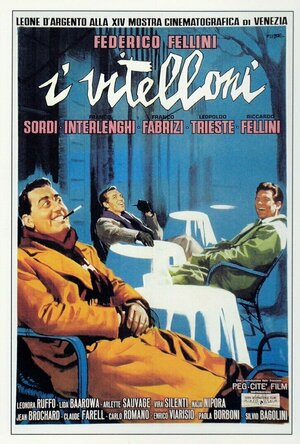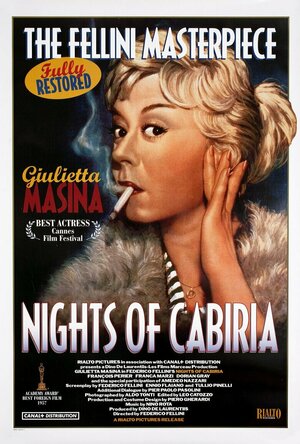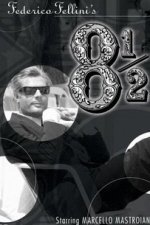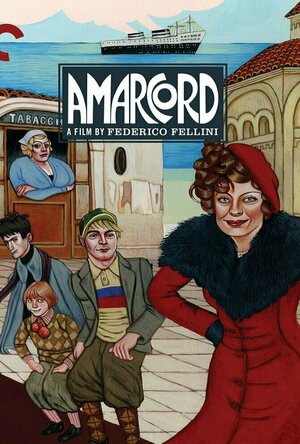
The Studnitz Wars: The Wartime Journals of a Prussian Cavalry General 1849-71
Book
The journal of Prussian Major General Benno von Studnitz was originally published in 1891 in a very...
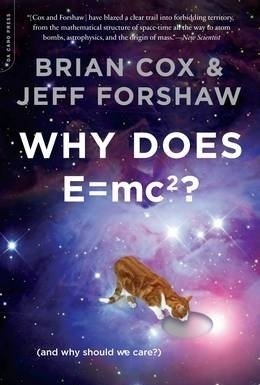
Why Does E=mc2?: (and Why Should We Care?)
Book
This is an engaging and accessible explanation of Einstein's equation that explores the principles...
From Guernica to Greatness: Eighty Years of Los Rojos
Book
Nowadays, the Premier League is increasingly dominated by Spanish stars, from David Silva to David...
Greg Mottola recommended The White Sheik (1952) in Movies (curated)
Greg Mottola recommended I Vitelloni (1953) in Movies (curated)
Greg Mottola recommended Nights of Cabiria (1957) in Movies (curated)
Greg Mottola recommended 8 1/2 (1963) in Movies (curated)
Greg Mottola recommended Amarcord (1973) in Movies (curated)
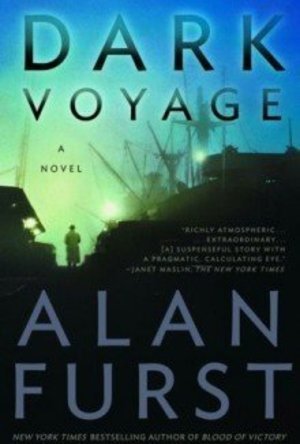
Dark Voyage
Book
May 1941. At four in the morning, a rust-streaked tramp freighter steams up the Tagus River to...
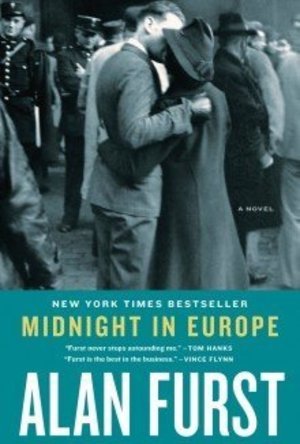
Midnight in Europe
Book
Paris, 1938. As the shadow of war darkens Europe, democratic forces on the Continent struggle...

